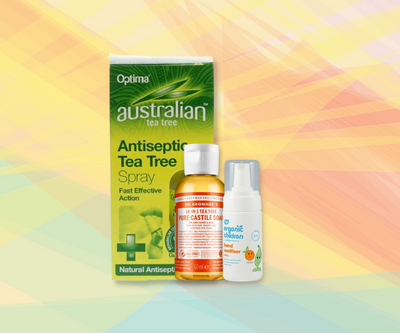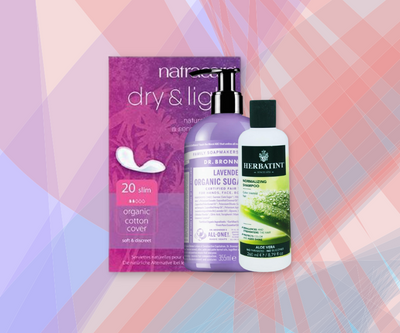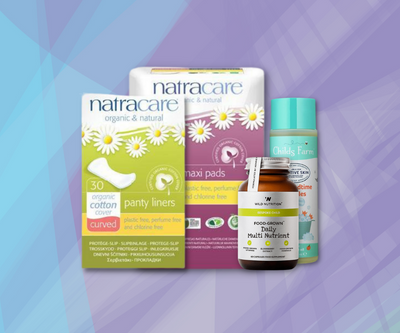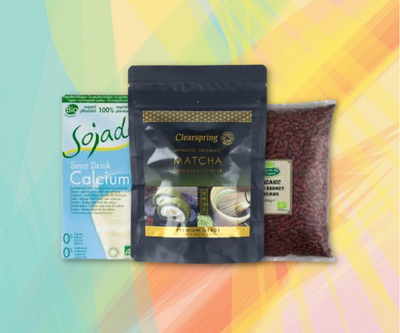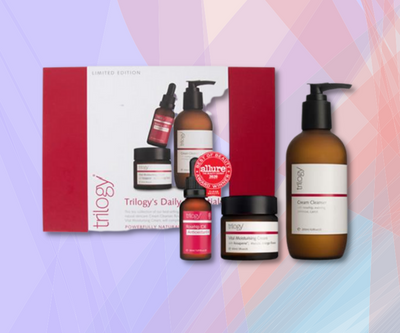An Overview of Soapmaking
Soaps have been made for millennia. Aside from making fire and cooking food, “saponifying” oil and fat into soap is one of the oldest and simplest chemical reactions known to humankind. In fact, the first soaps were accidentally made by fat dripping into the ashes of cooking fires.
Soap is made by saponifying a fat or oil with an alkali. A fat or oil is a “triglyceride,” which means that three fatty acids of various carbon lengths are attached to a glycerin backbone. The alkali is either sodium hydroxide (for bars) or potassium hydroxide (for liquids), made by running electricity through salt water.
The saponification process is a simple one-step reaction with no waste generated: the glycerin is split off from the fatty acids, and the fatty acids combine with the sodium or potassium to form soap, while the hydroxide forms water. The result is soap, glycerin and water (no alkali remains in our soaps).
Quality soapmaking consists in great part of choosing the right proportions of the right oils. Coconut oil is very high lathering, but can be drying. Olive oil gives a really soft and luxuriant lather, but in small amounts. By using both coconut and olive oils in the right ratio, Dr. Bronner’s unsurpassed soaps offer the best of both worlds: high lather with superb softness on the skin. To top it off, our soaps also contain hemp and jojoba oils, which mirror the natural oils in the skin’s sebum, thus imparting a wonderful after feel once the soaps are washed away.
Other Ways Dr. Bronner’s Makes Higher-Quality Soaps
- Unlike most commercial soapmakers, who distill the glycerin out of their soaps to sell separately, we retain it in our soaps for its superb moisturizing qualities.
- We super-fat our bar soaps for a milder, smoother lather.
- We use natural vitamin E from sunflower seeds and citric acid from fermented tapioca to protect freshness.
- We do not add any chelating agents, dyes, whiteners or synthetic fragrances.
- We use pure and powerful high-quality certified organic essential oils.
- Our liquid soaps are three times more concentrated than most so-called “liquid soaps” on the market, and they are only a few percent away from being a solid, which saves on packaging materials.
- Our soaps are a superb value, costing less than less-concentrated, inferior detergent body-wash “liquid soaps.”
- Our soaps are most popular for at-home washing, but they are also the soap of choice for many campers and hikers, as they are biodegradable and nature-friendly.
- We also use better packaging; our plastic cylinder bottles are made from 100% post-consumer recycled (PCR) plastic.



